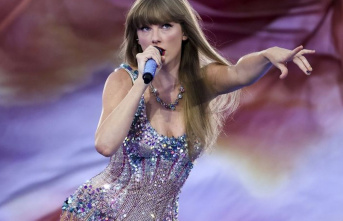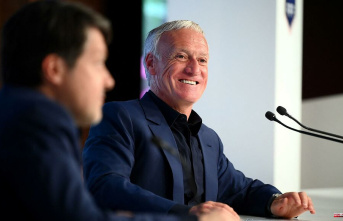Former Federal Chancellor Gerhard Schröder has today lost a large part of his privileges and extraordinary rights as former head of the German government due to his criticized and controversial close professional and personal contacts with Russia, where he remains chairman of the control board of the Rosneft energy consortium, at the same time as the company that manages the Russian-German gas pipeline Nord Stream AG despite the invasion of Ukraine by order of the Kremlin. The Budget Commission of the Bundestag, the federal parliament, agreed to withdraw funds that finance an office for the former Social Democratic leader, office staff and chauffeur. Schröder will, however, continue to have an escort and will not suffer cuts in his generous pension as a former Bundestag deputy and former head of the German government between 1998 and 2005.
The decision was taken by a large majority with the votes of the ruling tripartite of Social Democrats (SPD), Greens and Liberals (FDP), but also of the conservative opposition, since Christian Democrats (CDU) and Bavarian Social Christians supported the proposal. The public office of the former president is thus formally closed. Last year the personnel and travel costs of the collaborators of the federal chancellor emeritus rose to 419,000 euros. We must add real estate, furniture and office material expenses, which have not been detailed. Until now, all former foreign ministers had these privileges for life, which are currently only preserved by the conservative Angela Merkel. The proposal presented by the tripartite government to sanction Schröder financially does not refer at any time to his controversial Russian contacts.
Although these are the reason, the cut of the former chancellor's privileges was justified by his lack of commitments to the service of the state. From now on, the endowment of a privileged office and the personnel for his management of the former heads of the federal government will depend on the fulfillment of his obligations as emeritus. "The Budget Commission requires the federal government to ensure that the economic endowment of the function of former federal chancellor is deducted from his continued commitment to the position and not from his status," says the document approved by the deputies. The conservative parties also demanded a cut in his pension, rejected by the tripartite for its more than dubious constitutionality.
Until the beginning of the year, Schröder's office in Berlin had four collaborators, although all of them resigned and requested transfer to other public offices at the beginning of the war in Ukraine and after publicly condemning the closeness of the one who until recently was his boss to the president Russian, Vladimir Putin. Schröder and Putin have maintained a close personal friendship for more than 20 years. The former federal chancellor has so far not clearly condemned the invasion of Ukraine, nor has he resigned from any of his senior positions in Russian companies. Something that the SPD has been demanding from his uncomfortable affiliate since the end of February. The co-chair of the Social Democrats, Saskia Esken, has gone so far as to demand that Schröder enter her party card.
Since then, the procedure for his possible expulsion has been open within the oldest political party in Germany. The social democratic politician will also be punished by the European Parliament, where the formation of a majority is emerging that proposes including Gerhard Schröder on the list of people sanctioned by the European Union for supporting Russia. An initiative supported by the four major parliamentary groups in the Strasbourg chamber: Conservatives, Social Democrats, Greens and Liberals. In the event that the proposal is approved, Schröder's assets in the territory of the European Union could be frozen.
7












